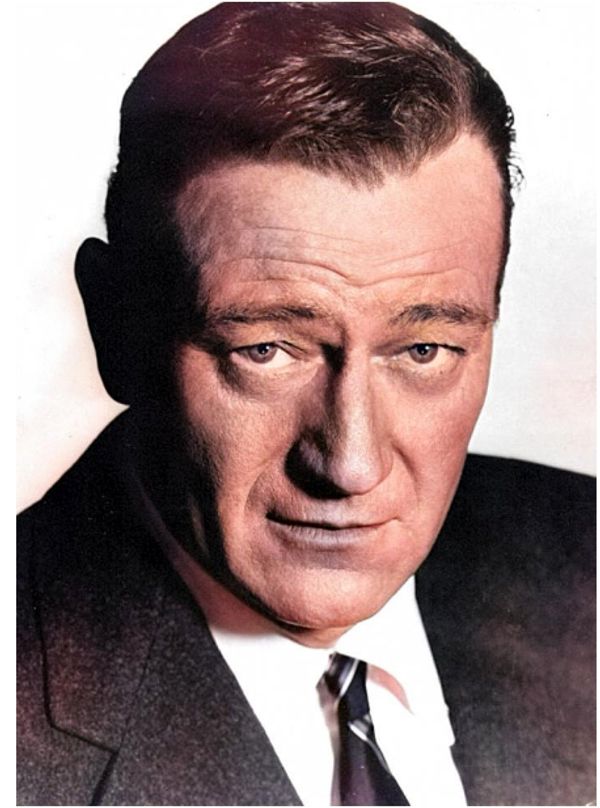
John Wayne, the iconic American actor known for his roles as strong, reserved cowboys and military figures, has faced increasing scrutiny in recent years regarding his decision not to serve in World War II. At the height of his fame, this choice infuriated many people. Today, we have an explanation that might surprise you.
During World War II, more than 16 million Americans fought in the military, but John Wayne, whose real name was Marion Mitchell Morrison, was not among them. So why did “The Duke” not enlist when so many of his fellow Hollywood stars did?
Wayne’s career was just beginning to take off in Hollywood when the Japanese attacked Pearl Harbor in 1941. Although he was not yet a household name, his performance in the box office hit “Stagecoach” had started to elevate his status. With each passing year, his reputation grew stronger. Unfortunately, the timing of World War II was unfavorable for Wayne. Being drafted or joining the military may have potentially damaged his budding career.
Some stories claim that Wayne’s only concern was losing his job. In the 1940s, he began to amass significant wealth, which was crucial as he was raising four children and had recently gone through a divorce.
Author Marc Eliot offered a different explanation in his book “American Titan: Searching for John Wayne.” According to Eliot, Wayne chose not to enlist because he was worried about losing his friendship with actress Marlene Dietrich, whom he had a relationship with at the time. Wayne applied for a draft deferment, which was granted since he was the sole provider for his large family.
It is worth noting that Wayne’s deferment request was filed by the president of Republic Studio on his behalf. Gene Autry, another prized possession of the studio, had already enlisted in the Army Air Corps. The studio did not want to lose Wayne as well.
Despite not enlisting, Wayne expressed a desire to join the military after filming a few more movies. He frequently wrote to the renowned director John Ford, who had served in the military and encouraged Wayne to enlist. Ford produced films for the Department of the Navy and was present on Omaha Beach on D-Day.
Wayne’s application to join Ford’s military regiment was criticized as “half-hearted,” but he did receive a job offer from the Field Photographic Unit. However, his wife, Josephine, received the letter and never informed him about it.
In the end, Wayne was given a special status and deferred from military service in “support of national interest.” It seems that Hollywood, Wayne, and the government all agreed that his contributions to morale through his movies were valuable.
Wayne did his part to support the troops by visiting U.S. bases and hospitals in the South Pacific on an entertainment tour. However, it was not always well received. There was one incident in Australia where Wayne was booed off stage by the audience.
While some labeled Wayne a draft dodger, film scholar James Denniston argues that Wayne was the “real deal,” regardless of whether he fought in the war. He made meaningful contributions through his movies and his support for the troops.
John Wayne’s decision not to serve in World War II haunted him for the rest of his life. He felt the need to become a “superpatriot” to atone for staying home. Despite the controversy surrounding his military service, Wayne remains an American icon, and his legacy as an actor and cultural figure endures.



